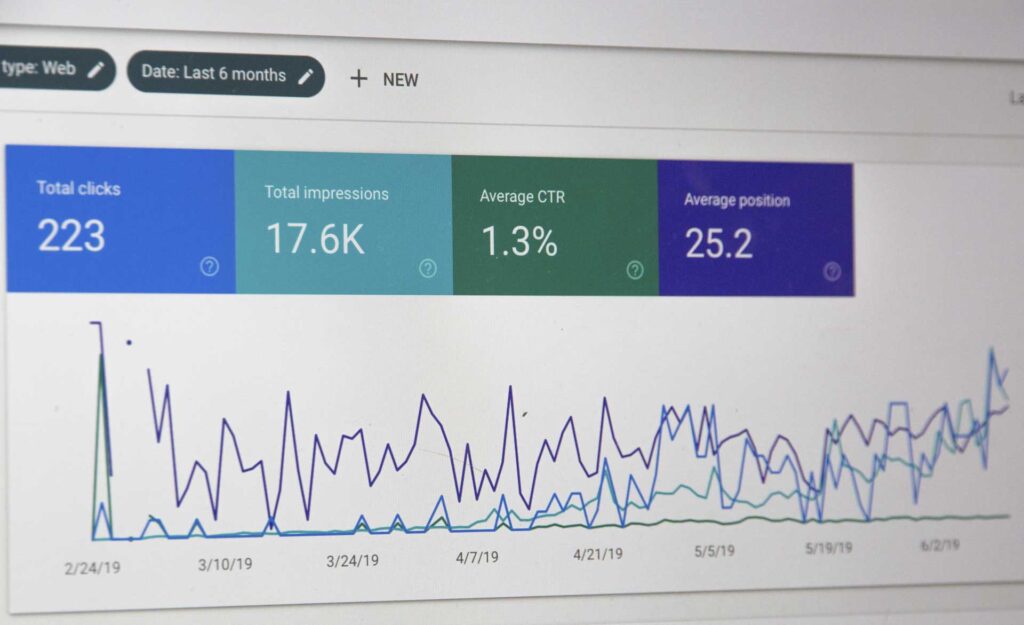In today’s fast-paced and highly competitive business landscape, organizations are realizing the critical importance of embracing a digital shift. Digital transformation has become a key driver for business growth and innovation, enabling companies to leverage technology and adapt to changing market dynamics. This article explores the significance of digital shift and its impact on various aspects of business, highlighting keywords such as digital transformation, business growth, innovation, technology adoption, competitive advantage, customer experience, and scalability.
A Catalyst for Growth and Innovation
Digital transformation encompasses the integration of digital technologies into all areas of a business, fundamentally reshaping operations, processes, and customer interactions. By leveraging technology, businesses gain the ability to streamline operations, improve efficiency, and enhance decision-making processes. Moreover, digital transformation opens doors to new business models, markets, and revenue streams, providing a strong foundation for sustainable growth and fostering a culture of innovation.
Nurturing Opportunities and Expanding Horizons

A digital shift empowers businesses to unlock new growth opportunities. By harnessing data analytics, organizations can gain valuable insights into customer preferences, market trends, and emerging opportunities. This enables them to make informed decisions, develop targeted strategies, and drive customer-centric innovations. Through digital channels, businesses can expand their reach, tap into new markets, and attract a broader customer base, fueling sustainable growth in a rapidly evolving business landscape.
Embracing Change and Staying Ahead
Digital transformation serves as a catalyst for innovation, creating an environment that encourages experimentation and the exploration of new ideas. By adopting emerging technologies, such as artificial intelligence, blockchain, and the Internet of Things (IoT), businesses can revolutionize their products, services, and processes. Innovation becomes ingrained in the company culture, fostering a mindset that embraces change and continuous improvement. This enables organizations to stay ahead of the competition, deliver unique value propositions, and adapt swiftly to dynamic market conditions.
Empowering Efficiency and Agility
Effective technology adoption lies at the core of a successful digital shift. Businesses need to embrace the latest tools, platforms, and software solutions that align with their strategic objectives. By automating repetitive tasks, optimizing workflows, and integrating systems, organizations can improve operational efficiency, reduce costs, and enhance productivity. Technology also enables agile decision-making, enabling businesses to respond rapidly to market changes and customer demands.
Differentiation in a Digital Landscape
In a digitally transformed world, businesses that effectively leverage technology gain a competitive advantage. By offering seamless online experiences, personalized interactions, and innovative solutions, organizations can differentiate themselves from competitors. Digital capabilities, such as advanced analytics, targeted marketing, and omnichannel customer engagement, enable businesses to understand their customers better and deliver superior experiences. This fosters customer loyalty, enhances brand reputation, and ultimately drives business growth.
Delighting the Digital Consumer
Digital shift places customer experience at the forefront of business strategies. Today’s consumers expect seamless, personalized, and convenient interactions across various digital touchpoints. Through digital transformation, organizations can optimize customer journeys, provide self-service options, and offer tailored experiences based on data-driven insights. By meeting and exceeding customer expectations, businesses can build lasting relationships, drive customer loyalty, and secure a competitive edge in the market.
Adapting to Changing Demands
Digital transformation equips businesses with the scalability needed to adapt to evolving market demands. Cloud computing, scalable infrastructure, and flexible software solutions enable organizations to quickly ramp up or down their operations to meet fluctuating customer needs. This agility ensures that businesses can seize growth opportunities, expand into new markets, and respond promptly to emerging trends, thereby sustaining long-term success.
Digital shift has emerged as a crucial driver for business growth and innovation in today’s dynamic and digitally interconnected world. Embracing digital transformation empowers organizations to capitalize on emerging technologies, unlock new growth opportunities, differentiate themselves in the market, and provide exceptional customer experiences. By adopting a strategic and comprehensive digital shift, businesses can position themselves for sustainable growth, navigate market disruptions, and remain at the forefront of innovation in an increasingly competitive landscape.


